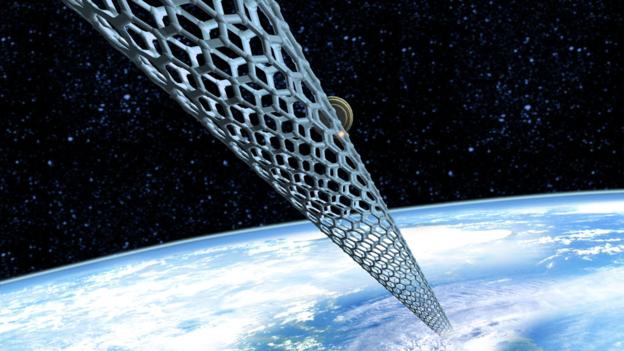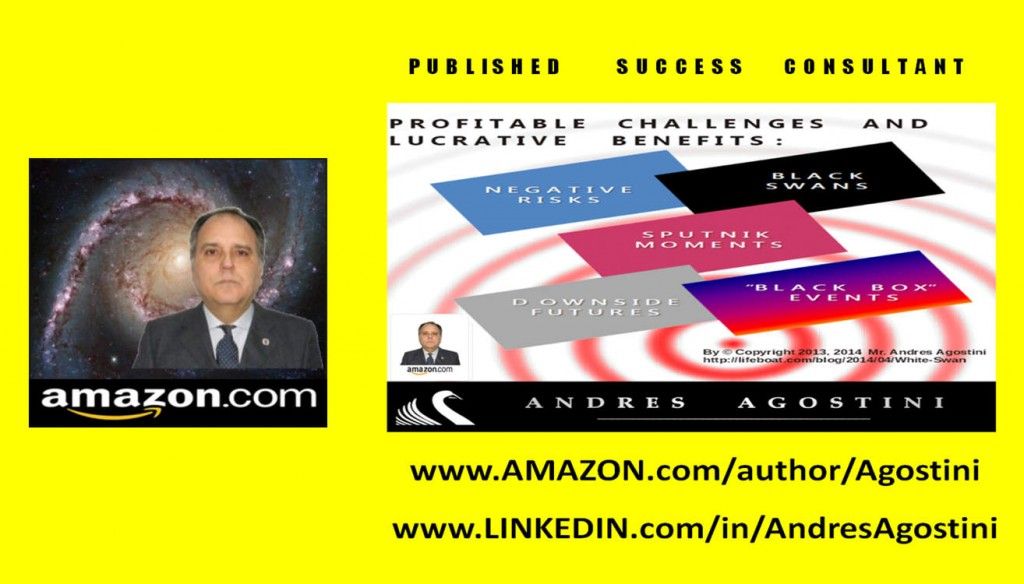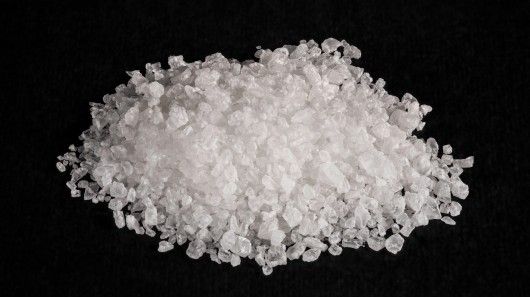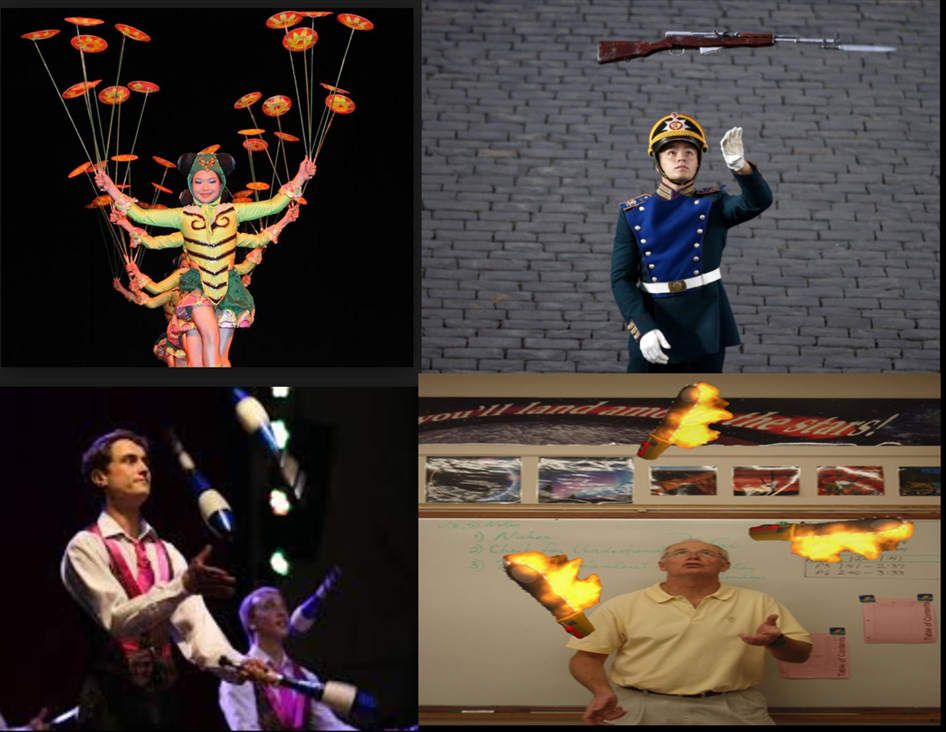What follows is my position piece for London’s FutureFest 2013, the website for which no longer exists.
Medicine is a very ancient practice. In fact, it is so ancient that it may have become obsolete. Medicine aims to restore the mind and body to their natural state relative to an individual’s stage in the life cycle. The idea has been to live as well as possible but also die well when the time came. The sense of what is ‘natural’ was tied to statistically normal ways of living in particular cultures. Past conceptions of health dictated future medical practice. In this respect, medical practitioners may have been wise but they certainly were not progressive.
However, this began to change in the mid-19th century when the great medical experimenter, Claude Bernard, began to champion the idea that medicine should be about the indefinite delaying, if not outright overcoming, of death. Bernard saw organisms as perpetual motion machines in an endless struggle to bring order to an environment that always threatens to consume them. That ‘order’ consists in sustaining the conditions needed to maintain an organism’s indefinite existence. Toward this end, Bernard enthusiastically used animals as living laboratories for testing his various hypotheses.
Historians identify Bernard’s sensibility with the advent of ‘modern medicine’, an increasingly high-tech and aspirational enterprise, dedicated to extending the full panoply of human capacities indefinitely. On this view, scientific training trumps practitioner experience, radically invasive and reconstructive procedures become the norm, and death on a physician’s watch is taken to be the ultimate failure. Humanity 2.0 takes this way of thinking to the next level, which involves the abolition of medicine itself. But what exactly would that mean – and what would replace it?
Continue reading “The Abolition of Medicine as a Goal for Humanity 2.0” »



 Would you have your brain preserved? Do you believe your brain is the essence of you?
Would you have your brain preserved? Do you believe your brain is the essence of you?












